Hector La Fosse has had a life more reckless than most. It all started in New York City, in the 1960’s. La Fosse was born – the youngest of seven…
Read moreFirst-time author describes his journey from addiction and jail to finally freedom
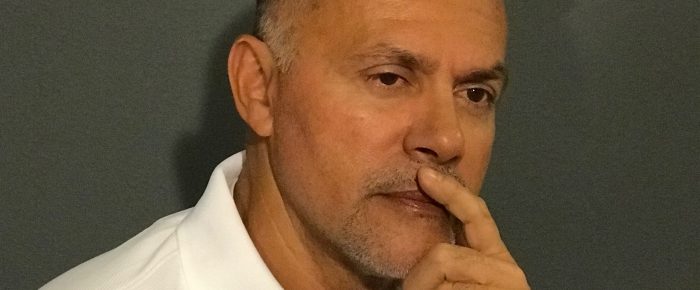

Hector La Fosse has had a life more reckless than most. It all started in New York City, in the 1960’s. La Fosse was born – the youngest of seven…
Read more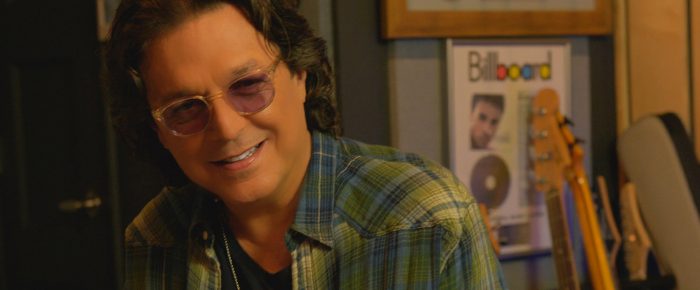
Rudy Perez arrived to Miami, Florida from Pinar del Rio, Cuba, when he was 10, with only his family and the clothes he had on. He was one of the…
Read more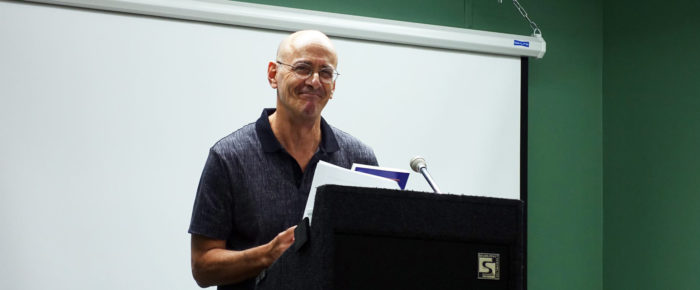
In “Playing Catch with Strangers,” an essay published in The New York Times in 2015, Bob Brody writes that he played catch with his father only once in his life. “That summer…
Read more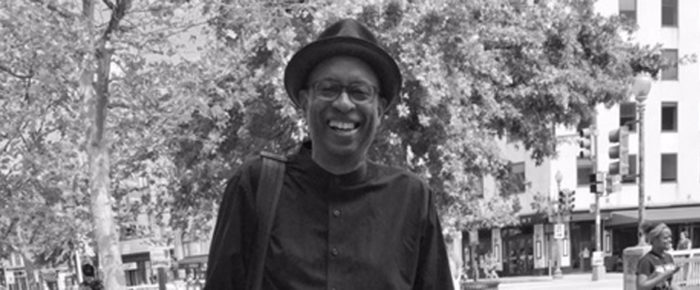
Eugene Ethelbert Miller, who goes by his middle name, “Ethelbert,” is a writer and literary activist who says he’s never been busier than at 66. Originally from the Bronx, NY,…
Read more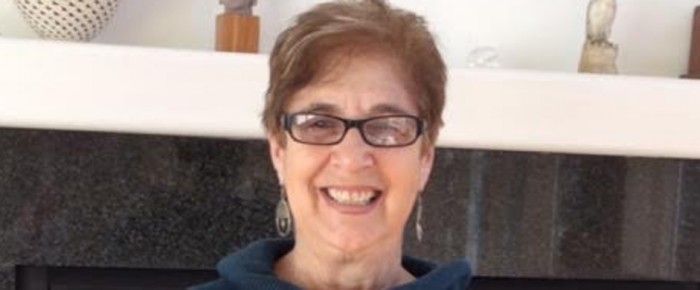
Renee Lowden grew up in Sheepshead Bay, Brooklyn and graduated from James Madison High School. She calls it “quite an experience” to have gone to the same high-achieving school as…
Read more